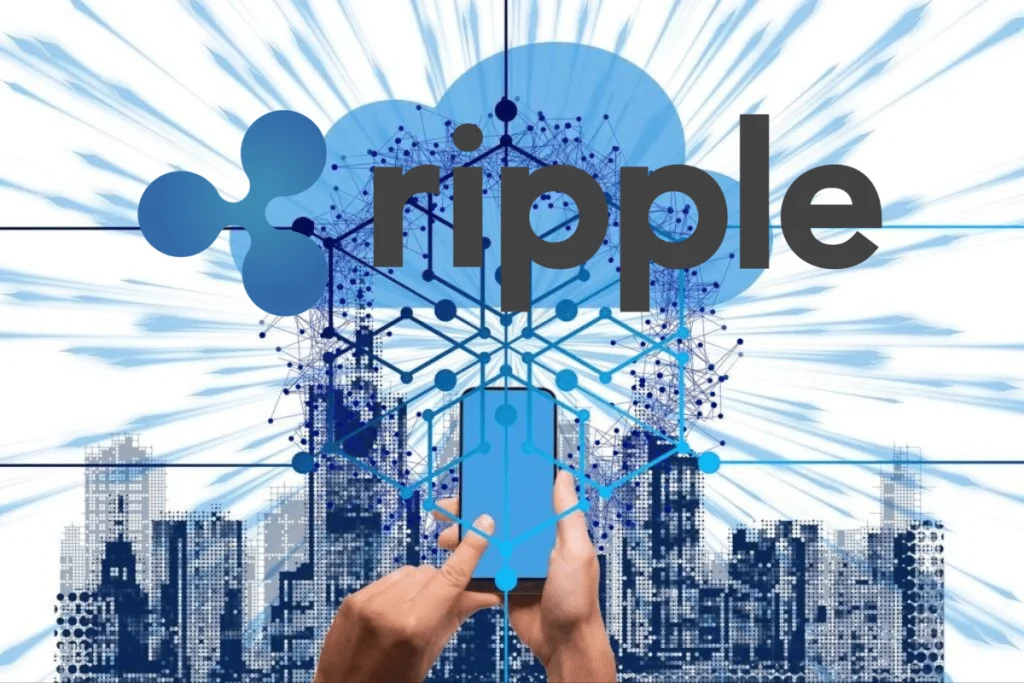Seeking to pay a lower penalty in its dispute with the U.S. Securities and Exchange Commission, lawyers for Ripple Labs are attempting to use fines already imposed against Terraform.
Ripple, which has been in a protracted legal fight with the SEC over the past few years, claimed on Thursday that financial penalties suggested by the agency were irrational in a “notice of supplemental authority.” The company contrasted fines against Terraform Labs against the SEC’s suggested $2 billion fine for selling XRP. Ripple has maintained that the penalties ought to be around $10 million.
Comparing Penalties with Terraform
The judge signed off on the settlement after Terraform agreed to pay fines of $4.47 billion on Wednesday and subsequently on Thursday.
This Might Interest You: Privado ID: New Era of Self-Sovereign Identity and Security
“The civil penalty sought by the SEC in Terraform shows the unreasonableness of the civil penalty sought by the SEC in this case,” ripple’s lawyers argued. “As Ripple’s opposition stated, the SEC has consented to civil penalties ranging from 0.6% to 1.8% of the defendant’s gross profits in similar (and even more egregious) circumstances. Terraform conforms to that pattern.”
Ripple also mentioned the April judgment verdict finding Terraform Labs and cofounder Do Kwon engaged in civil fraud.
Ripple’s Defense Against Excessive Penalties
“Here, by contrast, the SEC seeks a civil penalty far exceeding that range, even though there are no allegations of fraud in this case and institutional buyers did not suffer substantial losses,” the lawyers noted. “Terraform thus confirms that the Court should reject the SEC’s disproportionate and unprecedented request and that an appropriate civil penalty would be no more than $10 million.”
Years after the SEC said the company raised $1.3 billion via XRP, which it claims is an unregistered security, the SEC and Ripple have been fighting in court. Judge Analisa Torres of New York decided last year that a blind bid system in place for XRP allowed some of company’s sales—called programmatic—not to violate securities laws. She did, however, decide that other direct token sales to institutional investors qualified as securities.


